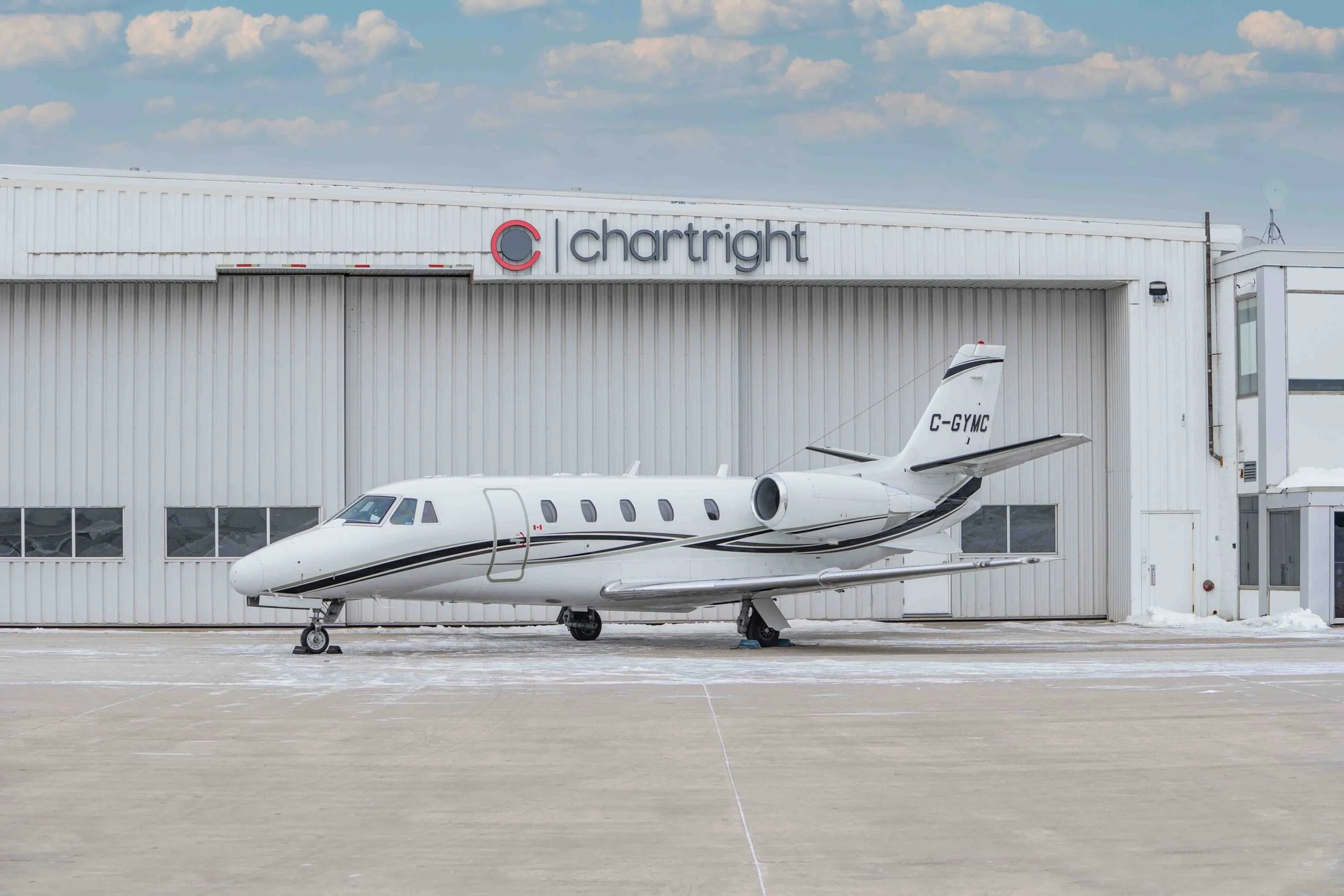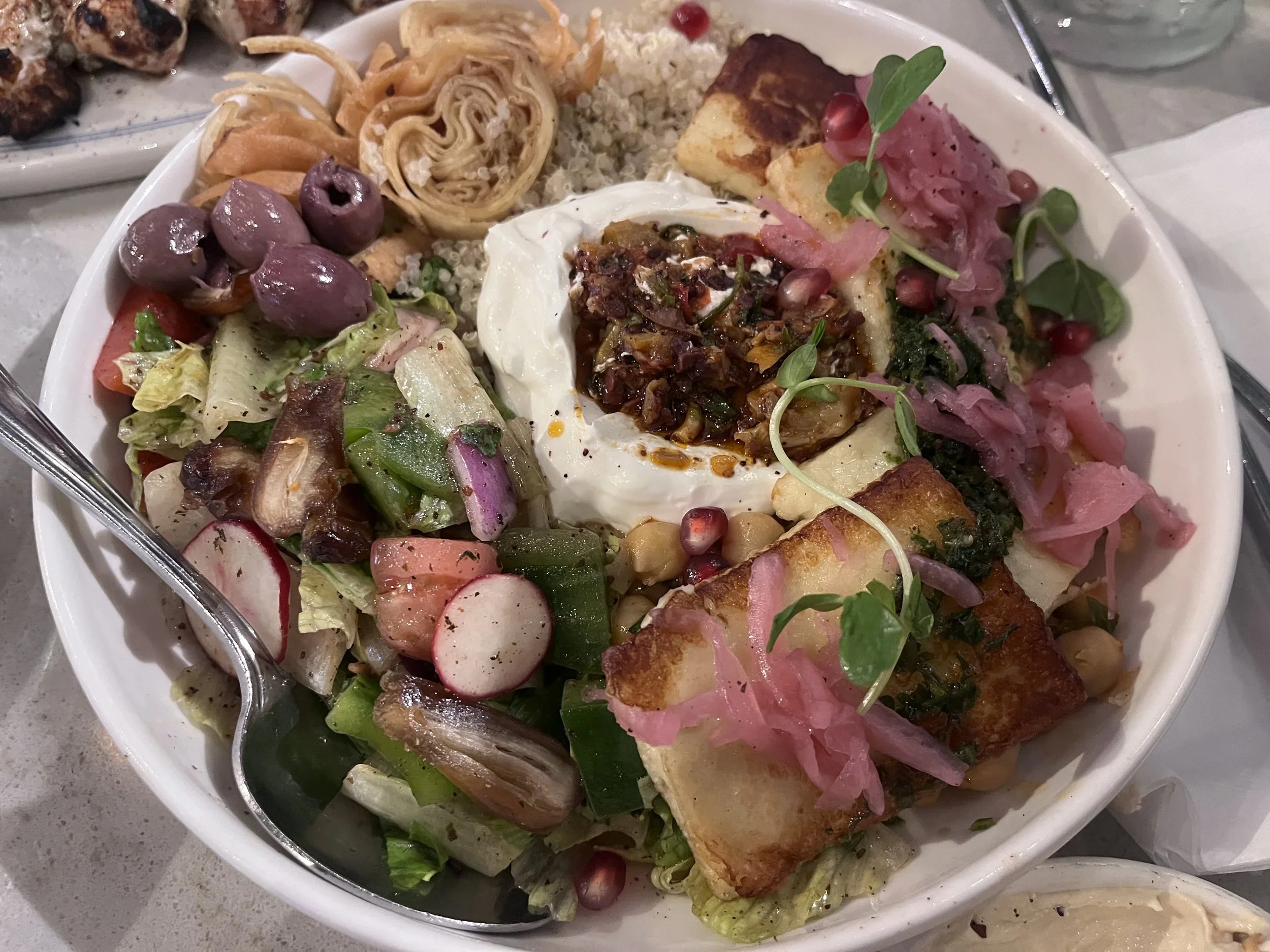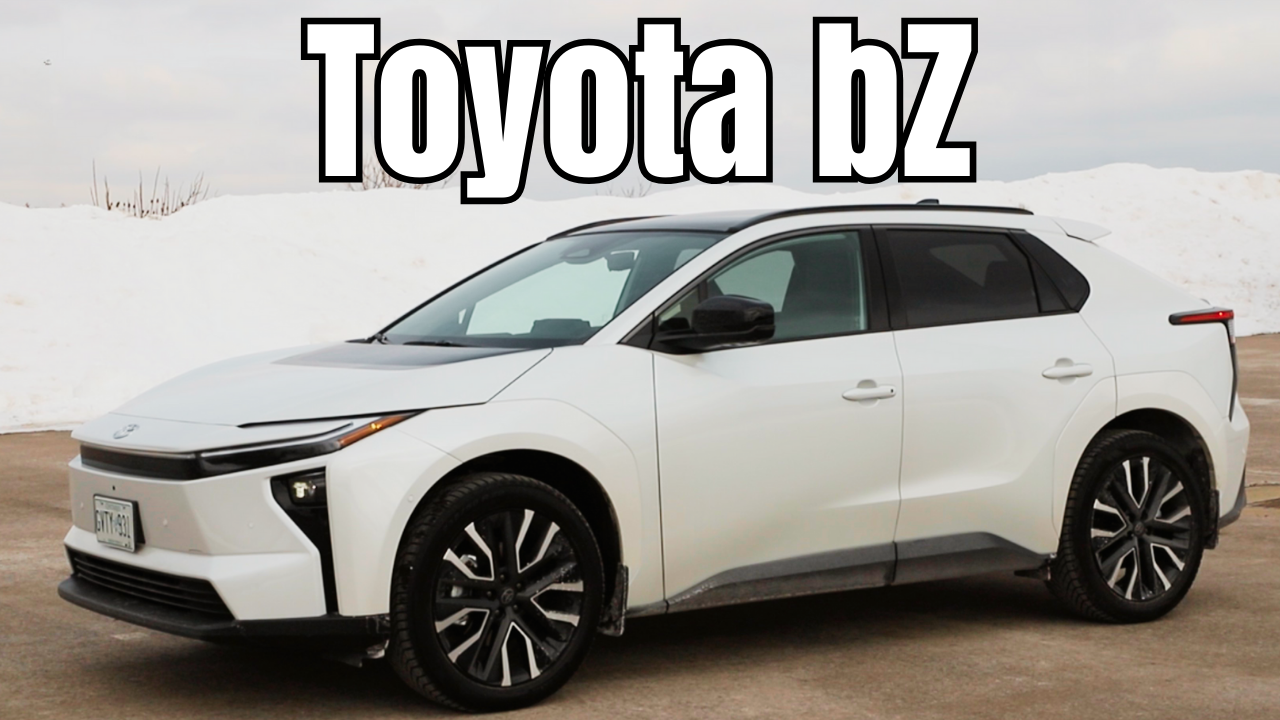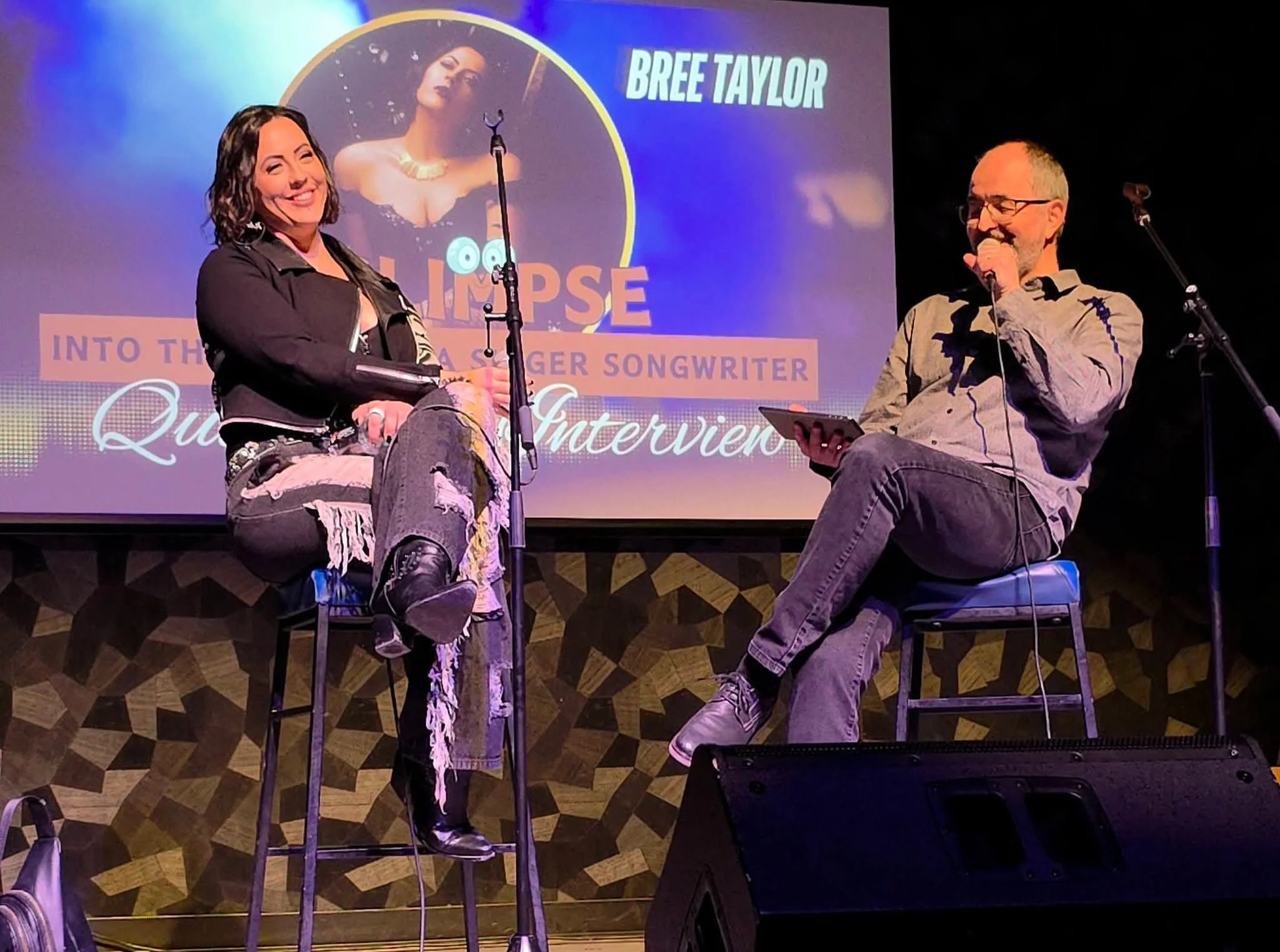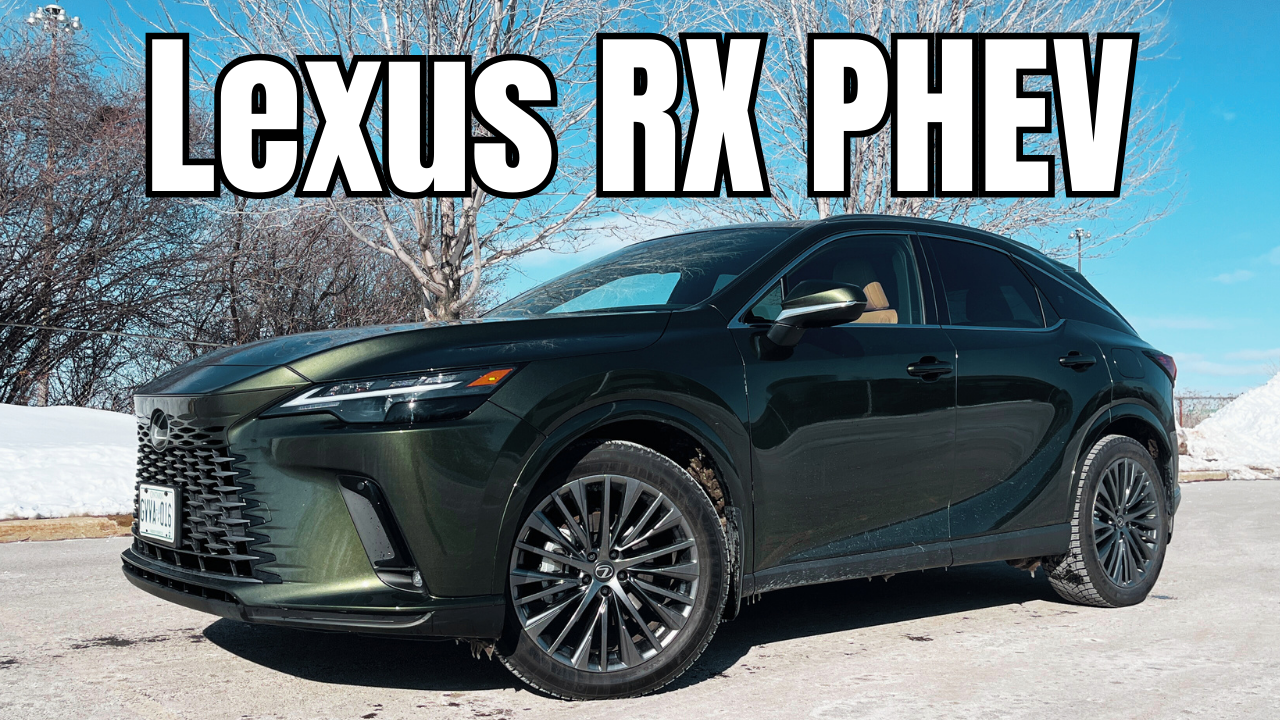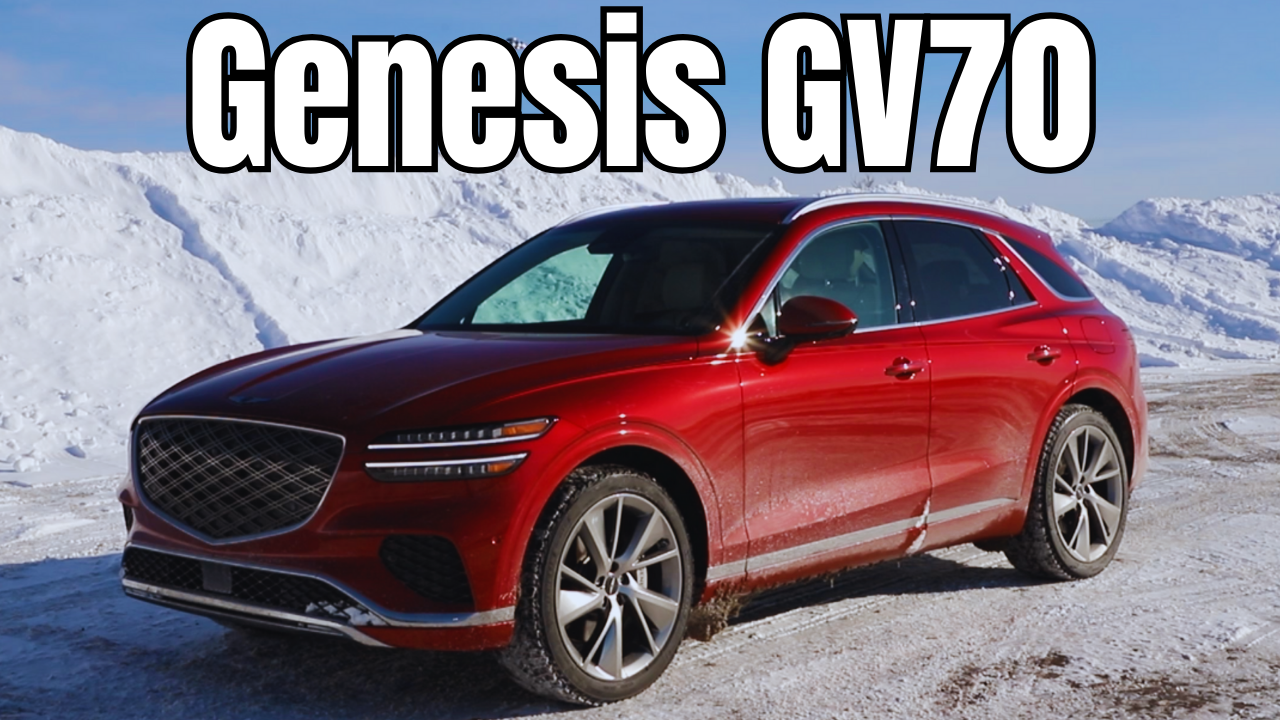The New Modern - Shifting gears in the automotive Industry with Stephanie Wallcraft
/In conversation with multiple award-winning automotive journalist and President of the Automobile Journalists Association of Canada, Stephanie Wallcraft, on shifting gears in tomorrow’s automotive industry.
1. Which one aspect of the automotive industry will see the longest-lasting repercussions of the global health pandemic?
Luxury brands are almost certainly going to take the deepest and longest-lasting hit. Financial liquidity for most Canadian households came to a screeching halt in mid-March, and buyers who were contemplating replacing their vehicles with premium badges may no longer have the means to do so. Those who can still afford the pricier brands may not be quite so comfortable with flaunting their affluence. Getting back to something approaching normal could take years at the top end of the market.
2. For the first year or two once we're past this, will consumers lean heavily towards new cars or used cars?
The current expectation is that used cars will see a surge – in fact, there were rumblings of this even amid the economic slowdown that was taking hold before the pandemic hit – but this could change if OEMs are able to put significant incentives on the table with government recovery assistance.
“Many will survive, though, and others will adapt; it takes years and some shrewd thinking to build, but it is possible to make a living as an independent producer on a platform such as YouTube.”
3. With oil/gas prices seeing huge swings, will tomorrow's world see a rise in electric vehicle driving?
The EV industry is certainly hoping so, and people on the electric side of the fence are using evidence of reduced air pollution during the pandemic to push their message harder than ever. On the other hand, if you look at the vehicle segments that are actually selling during the shutdown period, it’s the workhorses that are moving the most across Canada: pick-up trucks and large SUVs. The current low gas prices could well be playing a role in making buyers more comfortable with taking home gas-guzzlers. Will they regret those decisions if gas prices spike again after this is over? Time will tell.
4. All variants of media companies/outlets have been affected by COVID-19, regardless of size. What will tomorrow's automotive media landscape look like?
It’s important to acknowledge that all corners of traditional media were struggling even before COVID-19 hit. This has only accelerated a trend that was already well under way, and every outlet is now competing for an even smaller pool of advertising dollars. The sad reality is that some won’t make it through, and we’re bound to lose some important voices in the automotive media as a result. Many will survive, though, and others will adapt; it takes years and some shrewd thinking to build, but it is possible to make a living as an independent producer on a platform such as YouTube. Some journalists may be flexible enough to pivot in that direction if need be and stick things out.
5. Will consumers who already have cars spend money repairing their existing ones or look to the new/used market instead?
The key factor that plays into this answer is the number of extended-term loans that buyers have taken out for cars in recent years. There are a lot of people on seven- and eight-year financing, and they may not have the credit room or the desire for the next while to bail on their loans early and take on negative equity just to drive a shiny new vehicle. This could lead people to hold onto their cars for longer and decide to repair rather than replace.
“I’ll happily travel less often and be more selective if it means our most beautiful spaces are preserved for future generations. ”
6. Many automotive journalists/video journalists double as their own marketing/advertising company. In addition to what you had already done for self promotion, what other skills have you had to learn during this adapting phase?
I’ve been hearing of colleagues spending time sprucing up their portfolio websites or taking online courses to improve their skills in photography or pitch writing, all of which are stellar ideas.
7. How have you specifically been impacted by this?
Knocking on wood, I’m very much one of the lucky ones. I haven’t been able to test drive and review a vehicle since mid-March, and the fact that side of our industry has come to a near standstill has hit many of my colleagues very hard. It happens that I also write about other topics such as consumer advice, EV development and policy, and the automotive business and industry, so I consider myself very fortunate in that I’m still relatively busy.
8. What plans did you have for 2020 that will probably be delayed/cancelled?
I was trying to get to British Columbia this summer to continue the road trip series I’m working on about visiting Parks Canada places with my daughter. That was proving to be a serious challenge: hotel rooms were listed at $400 a night, campgrounds had been booked solid for months in advance, ferries would have been packed, and the list goes on. If there’s one thing that I hope results from this, it’s that over-tourism becomes a thing of the past. I’ll happily travel less often and be more selective if it means our most beautiful spaces are preserved for future generations.
“Larger-scale creators will always have better access to juggernaut ad sales departments and IT resources, but smaller producers are more agile and quicker to adapt to the fast-changing demands of the online media space. ”
9. Will the small creators/outlets be stronger than the large creators/outlets in tomorrow's world?
I think we’ll continue to strike a balance. Larger-scale creators will always have better access to juggernaut ad sales departments and IT resources, but smaller producers are more agile and quicker to adapt to the fast-changing demands of the online media space. There will be a place for both sides for a long time, but we’ll likely see fewer players all around once we’re on the other side of this.
10. There's been a large increase in working from home and for many, it's meant no longer commuting. Do you think those with two cars will downsize to one car if they end up permanently working from home?
It’s very possible. No one is going to be in a hurry to watch their insurance premiums climb upward for a vehicle they’re hardly using.
11. What's helped keep you grounded from a personal standpoint?
My daughter. Our kids are looking to us during all of this and are watching how we respond. I’ve poured my energy into making our home a warm and secure space as much as possible. We’re doing well, relatively speaking, so that effort seems to be paying off.
12. What positives can come out of this for the automotive industry?
It’s accelerated demand for letting people shop for cars in the ways they prefer. Some people really do relish that classic process of kicking tires and negotiating pricing across a desk from a salesperson. But there are an awful lot of people who would rather just be offered the best price up front and sign on the dotted line, possibly even online from the comfort of their homes. The industry has largely been resistant to that concept until now, and the physical distancing measures brought on by COVID-19 have now forced the issue. Ultimately, the customer experience will be better off for it.
13. Will there be more cars on the road once we're past this compared to the "old" world?
Certainly, there will be more cars on the road than there are now. People who work in service industries and manufacturing will need to be physically present when they return to their jobs. But wouldn’t it be great if remote work was more broadly accepted as legitimate and we could keep a good portion of commuter traffic off our roads? Our stress levels and air quality will be vastly improved if we opt not to accept a return to our “old” ways.
“Cars remain today and will always be a sensual experience, and so I think the industry will adapt and keep putting journalists in those seats. ”
Image via www.facebook.com/AJACanada
14. You've covered a plethora of well-attended events in your career - do you think there will still be these types of events with several people attending in the future? (Auto shows, product launches, media launches, The AJAC AGM/TestFest)
Some things, I believe, will go digital. But there are many things about car reviews that can never be done through a live-stream such as what the materials feel like, how the engine sounds, and on-road driving impressions. Cars remain today and will always be a sensual experience, and so I think the industry will adapt and keep putting journalists in those seats. I’m not so sure we’ll be traveling around the world to do it, but I’m also not so sure I’m in a hurry to go back to busy airports. This is why I think closed events like AJAC’s TestFest can still be successful: it offers a local opportunity to drive a lot of cars in a short time. We’re already working on ways to make it happen this fall if at all possible.
What I worry we may see fade away is auto shows. I adore them, and I suspect most car lovers do, too. But many were already struggling, and for the media, and to a lesser extent for the general public, many auto shows may not be able to offer a unique enough experience to justify the risk of travel and being in crowds. How long distancing measures are in effect, and how long it takes for people to feel comfortable in public once they’re eased, will make or break whether auto shows are able to survive.
15. With many of us having been at home for the past several weeks, many of us have learned/enhanced our digital skills. Will there be an influx of tech-savvy photographers/videographers in the new world?
I think there may be a small cohort of extremely enthusiastic people who spot an opportunity to convert a passion for cars into something more and use their time for online training. But I suspect there are just as many people upping their jigsaw puzzle game or preoccupied with feeding their sourdough starters.
Stephanie Wallcraft is a multiple award-winning automotive journalist and President of the Automobile Journalists Association of Canada.








